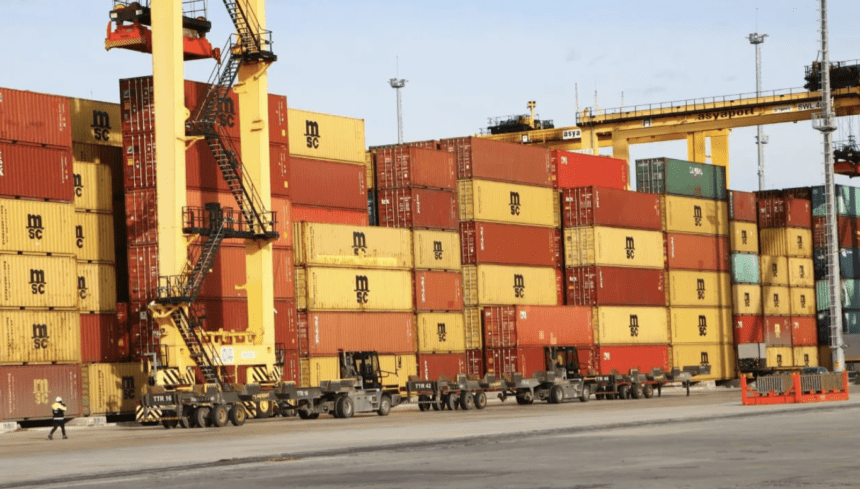As Houthi attacks in the Red Sea crossings continue, many Turkish export products, mostly food, cannot be delivered to the receiving countries, which causes problems for Turkish exporters. Sources speaking to EKONOMİ Daily said that about USD 60 million worth of Turkish products are being held at temporary ports. Besides, according to the sources, container operators prefer to delay the deliveries instead of transporting them on smaller local ships.
While reactions to Israel’s attacks on Palestine continue from various countries, especially Turkey, the negative effects of the attacks on international trade also continue. In Yemen in particular, Houthi attacks on international trade vessels led to the closure of many container lines, while many companies extended their routes due to the closure of the Red Sea passage.
Turkish exporters trying to send their products to Ethiopia via Djibouti are experiencing great difficulties at this point, despite trading with companies receiving cargo even after the Red Sea Houthi attacks. Sources tell that ships sailing following the attacks couldn’t deliver to their final destinations and instead waited in transit ports for a long time.
“Products with short shelf life will spoil”
Cargoes consisting of foodstuffs with a short shelf life are adversely affected by extreme temperatures, which sometimes reach 55 degrees Celsius, the sources said, “We are in constant communication with these companies. However, transportation companies do not fulfill their commitments,” sources said. The carriers sometimes postpone the product deliveries, and for instance, a delivery due on July 10 can be postponed to August 10 without any justification. Some deliveries were postponed to even September. Underlining that they are in a very difficult situation as they cannot fulfill the other party’s obligations, “We are in a very difficult situation in the markets we have obtained with great difficulty,” sources said.
On the other hand, it was reported that the council formed by the relevant exporters’ associations also requested information on the products remaining in temporary ports on an exporters’ association basis. Sources said that under normal circumstances, the products waiting in temporary ports should be delivered to the destination by local small ships, adding, “Why were cargoes accepted that could not be transported? The Houthis are not attacking local ships; if necessary, they should contract more ships to deliver the goods.” Emphasizing that they have been doing their due diligence by issuing notary notices, the sources underlined that the public sector should put similar pressure on container lines.










